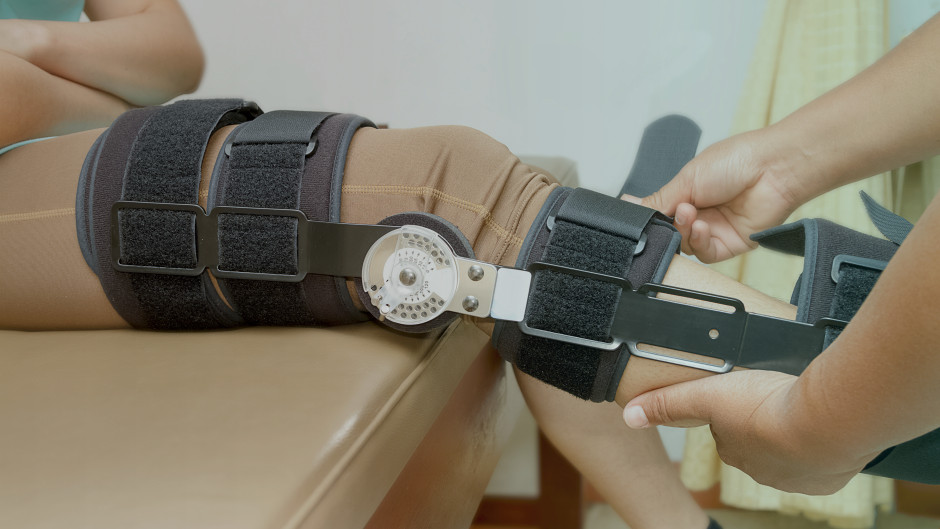What happens to patients when we do not repair their cuff tears?
What happens to patients when we do not repair their cuff tears? Five-year rotator cuff quality-of-life index outcomes following nonoperative treatment of patients with full-thickness rotator cuff tears - Boorman et al (2018).
If you want to learn more about shoulder pain, you can subscribe to Trust me-ED, the "Netflix for Physiotherapists" and watch all chapters of the Shoulder Course by Sigbjorn Hjorthaug:
Click here
AIM:
Examine 5-year outcomes in a prospective cohort of patients previously enrolled in a nonoperative rotator cuff tear treatment program.
BACKGROUND:
1) 104 participants underwent a series of five visits, including two to a sports medicine physician, two to a study physiotherapist, and one to an orthopedic surgeon over the span of 3 months.
2) The rehabilitation program included stretching exercises and strengthening exercises for the shoulder as well as the optional use of anti-inflammatory medications.
3) At the end of the 3 months, the orthopedic surgeon assessed if treatment was a success (continue as self-managing) or failure (RC repair surgery).
OUTCOME MEASURE:
The Rotator Cuff Quality-of-Life Index (RC-QOL) instrument was administered at the initial session, 3-month surgeon visit, 24-months, and 5-year follow-up.
RESULTS:
93 out of 104 participants (11 lost to follow-up at the 24-month point) were contacted to complete the RC-QOL. Of which 63 participants completed the questionnaire (rest were unwilling, lost to follow-up or deceased). Results are as follows:
1) Between 2 and 5 years, 3 of the non-op participants went on to get surgery. The remaining 46 participants completed the RC-QOL with a mean score of 83 (0 = poor; 100 = great).
2) The Post-op participants got a mean score of 89. There was NO significant difference at 5-years.
LIMITATIONS:
1) There was no physical assessment at 5-year follow-up (ROM, strength etc).
2) The only outcome measure was subjective.
3) The RC-QOL does not question if participants received other treatment in the past 5 years (which the exception of surgery).
4) The study was not randomized and not blinded (which is tough with a cohort study.
CLINICAL IMPLICATIONS:
Although this study lacks internal validity. The results show something we all knew to be true (anecdotally). This study can be used to educate patients on the benefits of conservative care in full-thickness tears with respect to QOL.
It is important to educate your patient about the potential that conservative management may not work for them. However, overall it may be a better option for most patients wanting to maintain a QOL versus the post-op patient who will be immobilised for a period of time.
About the authors:
Adrian and Colin are Physiotherapist from Sydney (Australia) and Vancouver (Canada) respectively. Educating and sharing research was a passion of their even since studying Physiotherapy at University together. They continued to develop and challenge their thoughts and judgments whilst working in Private practice sector in Sydney.
Following Colin’s return his homeland of Canada. Adrian and Colin decided to kick-start an initiative to help new graduate Physiotherapists.
The Freshman Physio page HERE aims to Empower new graduate clinicians with an evolving way of reasoning and bridge the gap from University to practice. With the primary goal of “Creating Better Clinicians."
Do you also believe that we as therapists need to keep improving and become modern day physiotherapists who can apply the biopsychosocial model better into practice?
The best place to keep learning and enhance your knowledge is Trust me-ED, "The Netflix for Physiotherapists". Here you can learn from the best teachers in our profession who share their knowledge in high quality lectures and online courses for the cost of three beers per month.
Does this also sound good to you?
Then you can subscribe today and watch all the great lectures whenever you want, wherever you want:



